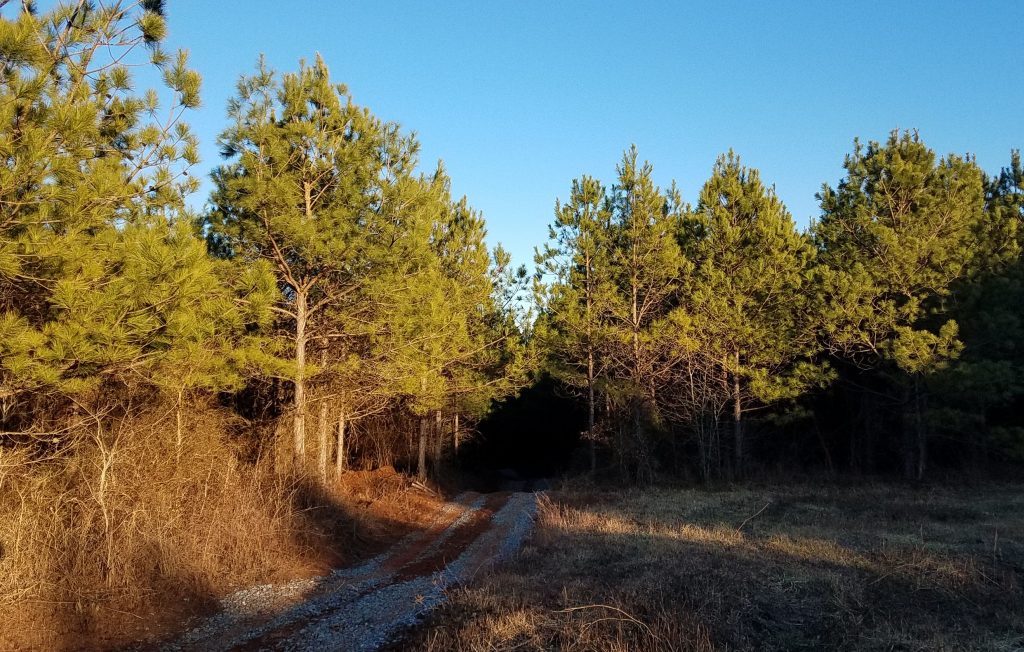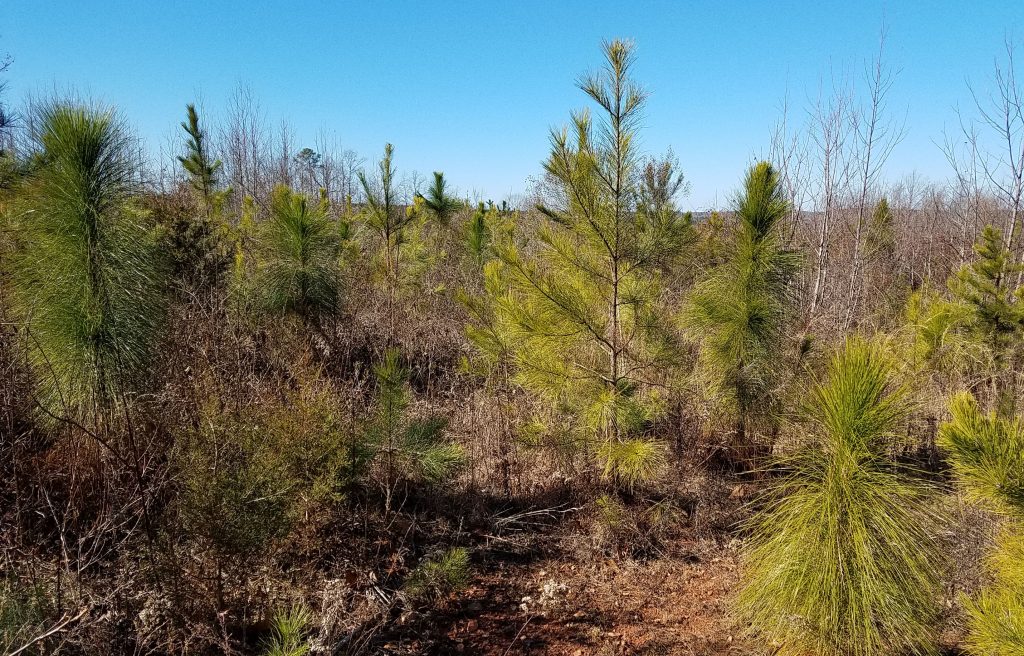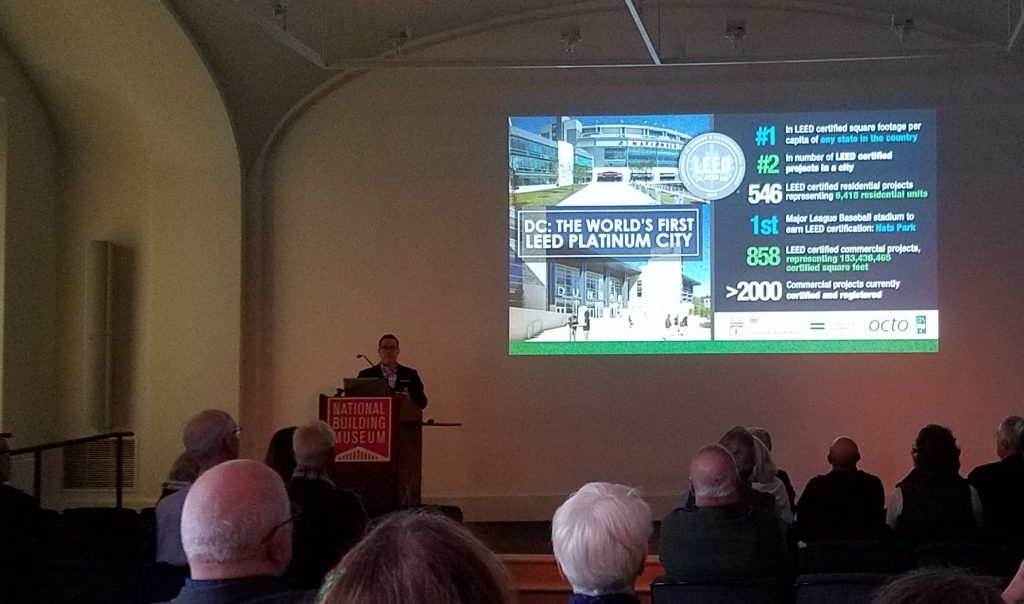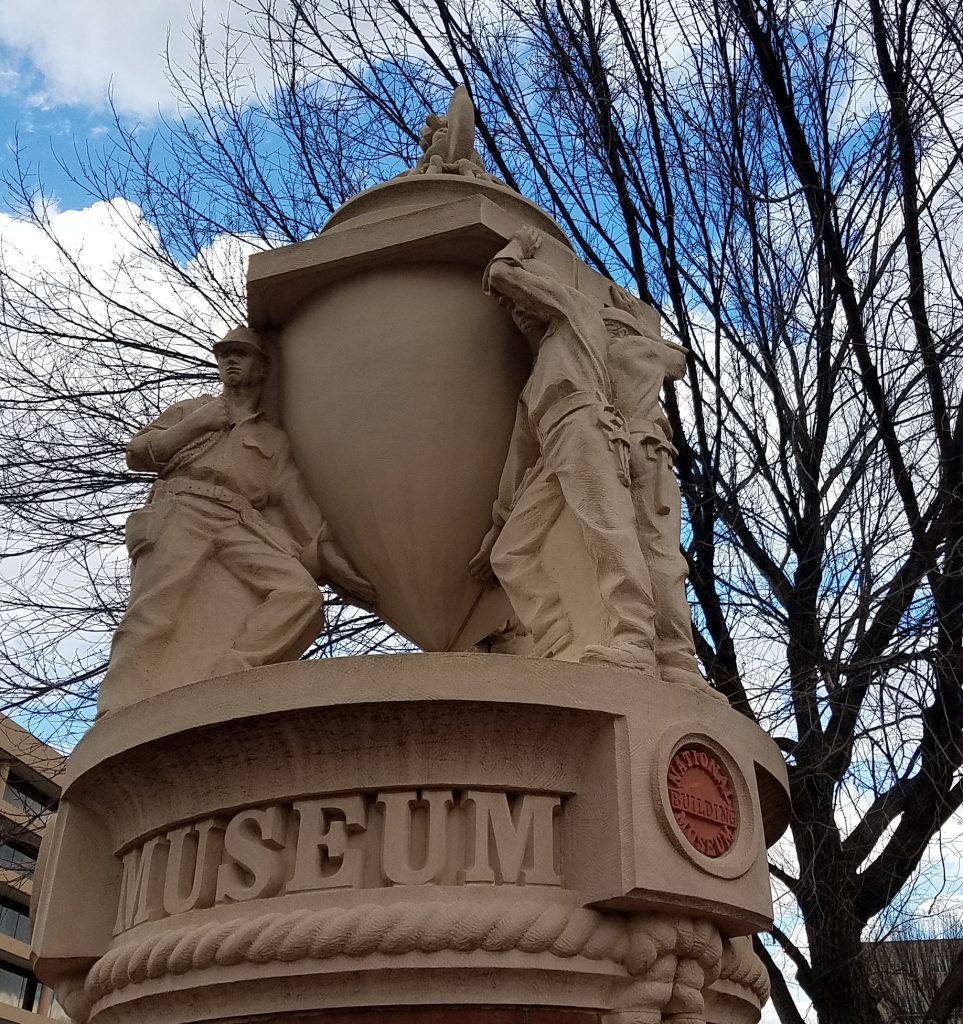Persuasion
I am writing a presentation that I will deliver at one of the breakout sessions at the Tree Farm National Leadership Conference, in Albuquerque, New Mexico – January 31-February 2. The topic is “Using more wood for the love of forests: getting the message out.” This is background for the “getting the message out” part. I am overdoing it a bit.
Don’t worry; this is not the text for the talk.
For anybody who plans to attend the session, don’t worry. I am NOT planning to deliver this in the talk and I will talk more about forestry. All this exercise is to build the background for a couple of slides and all this will be reduced to a few sentences. BUT … I will be ready for any questions and I wanted to put this up as reference so anybody interested in more background can read it.
My method for talk preparation is odd. I write all this kind of stuff and read a lot. Then on the day before or even the day of the event I write what I am going to say – long hand – in my pocket notebook. That makes it flow, since I leave out details. I often change the talk even as I am giving it, depending on audience reaction. This was a problem for me in State Department, since my text “as prepared” was often significantly different than my talk as delivered.
My PowerPoint Presentation The slides are included below. They will change before the presentation. It is heavy with pictures, since I don’t think PowerPoint should be text heavy. But that might make it download slower.
Everything is always becoming something else
We always have always and always will live in a dynamic environment. Our efforts to understand and act within it change it, so that we never really face the same challenges twice. There is no finish line; there is no stable end goal. Success means sustainable change.
Portfolio or Toolbox Strategy (for an uncertain world)
No technique or media tool will work in all situations. That is why we need to deploy the whole panoply of tools and techniques and know which combinations are best. This is more art than science. The key is flexibility. Don’t get too enamored with any one thing or develop strategies around one platform. We don’t want a Twitter strategy. We want a strategy that may use Twitter as one of many tools. Carpenters don’t have “hammer strategies.” They have building strategies that may involve hammers as one of the many tools in the box.
The human equation: bridging the last three feet
When I worked in public diplomacy, our patron saint was Edward R. Murrow, the famous journalist & the greatest director of the United States Information Agency. He observed that our communication technologies could span the globe, but the real persuasion took place in the last three feet – human contact. He lived in the days before Internet. IMO, internet can (although less easily than people think) create or at least sustain the kinds of engaged relationships Murrow was talking about, but we still must build those relationships. There is a cognitive limit to human engagement. We can only keep in real contact with a couple hundred people, although new technologies may expand that number, it does not reach into the millions or even the tens of thousands. That is why we must set priorities. We just cannot love everyone equally and any strategy designed to reach everybody will satisfy nobody.
There is no garden w/o a gardener
We cannot outsource or compartmentalize our brains or our engagement. The person the communicating must be involved in decisions involving it. There just is no way around this. If we don’t get involved, we cannot make good decisions. Too often, we just try to hire consultants. Many consultants are good and are worth the money we pay them, but others are like the guy who borrows your watch and then charges to tell we what time it is. If we outsource our decisions, we essentially outsource our intelligence. Then THEY know what we need to know. It is a lot like hiring a guy to look after your spouse. Even if it seems to make her happier, maybe you are not doing playing your part.
BTW – be very wary of pseudo-experts who claim to “speak for” large groups of people or have some kind of inside knowledge that cannot be replicated or properly explained. If they cannot explain it to we even in broad strokes, they probably don’t understand it themselves and often they are just hucksters protecting their phony baloney jobs. We have too many such people hanging around us not to trip over them occasionally.
Leverage existing systems and products
Speaking of gardens, we can have a great garden w/o the walls. There are existing communities where we can participate and after we have participated maybe invite others into our own system to participate with us. Remember that there are always more smart people outside our group – any group – than within it.
I make an effort to write comments on articles about forestry or fire. I am not usually very original or profound. I can usually use the same things over and over. It may seem banal to me, but for most of the readers it is the first time they saw it.
Give up some control
This goes with the above about using and sharing platforms. If you want to influence others, you have to be prepared to be influenced by them. My way or the highway works only in rare instances and if you demand what you think is perfection; you may soon find that you have that perfection all to yourself, since everybody else has wandered away from you.
Be platform flexible
Again speaking of platform sharing, your message is important, not the medium it is delivered on. You have to be flexible enough to choose the appropriate delivery mechanisms and not fall in love with any one of them. They pass quickly. Just ask Jeeves.
Try lots of things and know that most of what you try will fail, usually publicly, sometimes spectacularly
Revel in it. Embrace it. It is impossible to predict outcomes in the new media. Even if you had perfect knowledge of the current situation, it will change in unexpected and unknowable ways. The best strategy is a statistical one of spreading your bets and then responding to changes as they happen, rather than try to set out with certainty in advance. Those who try nothing, get nothing and it is small consolation that they are never wrong.
So, let me sum up before I move on. Technologies are new; human relations are old. Our “new” methods return to an earlier age when communication was engaged, individualized, personal, two-way and interactive. And the lessons of anthropology (people) trump technology (machines.)
How can we make this work?
Forget about mass marketing & advertising analogies. We are not selling something as simple as a can of soda (soda-pop, pop or Coke depending on your part of the country) and we do not have the resources to engage mass markets.
What I am talking about a mass networking proposition, where we build key relationships with opinion leaders and use leverage to allow/encourage others to reach out, who in turn reach out … We cannot reach THE common man (because he doesn’t exist) and we should be careful not to mistake A common man for THE common man.
There are thousands of books and experts who will point to the example of the obscure person who did something great. They are right; but it is easy to pick Bill Gates out of the crowd AFTER he has been wildly successful. Then it is easy to explain why he succeeded. Of course, millions of others did similar things and did not become the richest man in the world.
They call this survivor bias. In many ways it is like a lottery. We can be sure that SOMEBODY will win the lottery, but we cannot tell who before the drawing. So, we have to play the odds and we cannot treat everybody who buys a lottery ticket like a potential millionaire.
Humans are social creatures who make decisions in contexts of their culture & relationships
We make a big mistake if we treat people as members of undifferentiated masses. Human societies are lumpy. There are relationships that matter more and some that matter less. And they are in a constant state of flux. People make most of their important decisions in social contexts & in consultation with people they trust. Later they might go to some media sources for confirmation or details. Probably the biggest decision we have ever made was buying a home. Did we just read some literature and make an offer? Or did we ask around and talk to people we trusted? How about our cars? We like to explain our behavior rationally, but looking relationally will provide more reliable assessments.
Information is almost free, and a wealth of information creates a poverty of attention
We now must find or create social context for our message to get attention. I always laugh (at least to myself) when I hear someone say that “we got the message out” or “We reached a million people”. I am going to start calling this the barking dog strategy, because like the dogs, we just shout “I’m here; I’m here; I’m here. It doesn’t matter what we say; it is what they hear that counts. If our message does not say the right things, if it doesn’t fit into their cultural and socials contexts and if it is not delivered in an appropriate way, it doesn’t get through.
“Men do not think that they know a thing until they have grasped the ‘why’ of it.” – Aristotle
Understand – Everything has rules and patterns
I mentioned Aristotle. Let’s go a bit farther east and think of Lao Tzu. He talked about the need to understand the “Tao”, the patterns and logic in all things. Understanding these things could make the most difficult tasks fluid and easy. There are usually easier and harder ways to do things. Sometimes we CREATE more resistance and make less progress by pushing too hard. We should try to understand before we try to persuade. If people have been doing things for a long time, there is a reason. Figure out what that is and persuasion becomes much easier. And always look for the links and relationships. People may not be aware of what drives their own behavior, but it is often linked to social acceptance, and a person’s outlook often changes more based on the perceived future than on the present reality. Aspirations often motivate more than current reality. Find common aspirations.
Let me digress with a fish story from my time in Iraq. During the late unpleasantness, Coalition forces had to ban fishing on the Euphrates River to prevent insurgents from using the water as a highway. But fishermen didn’t return after the ban was lifted, even though the fish were plentiful and bigger given the no-fishing respite. We thought of helping them buy new boats, nets, sonar etc. But the reason that they weren’t fishing was much simpler – no ice. The ice factory had shut down and in this hot climate if we cannot put the fish on ice, we cannot move them very far or sell them. We helped the ice house back into operation and the fishing started again.
ENGAGE – influencing our community but also being part of it and willing to be influenced
This story shows the importance of engagement. We also have to get out – physically – and meet people where they are.
Inform & Interpret – turn information into useful knowledge
Engaging is fun and essential, but if we are not doing what we set out to do if we don’t inform and persuade. Since information is almost free, what do I mean by inform? This means turning raw information into useful knowledge and narratives. Even simple facts must be put into contexts. What if we didn’t have any dresser drawers or hangers in our closet? What if we didn’t have any bookshelves or cabinets and all we stuff was just lying on the floor. It would be hard to find things and many things would not be useful.
Turning information into knowledge is like putting things in some order. This usually means framing and narratives. People understand stories and until they have a story that makes sense, information just sits there, useless as the shirt we cannot find under the pile of dirty clothes. Analytical history, BTW, as opposed to antiquarianism or chronicles is depends almost entirely on framing. The historian must choose what to put in and what to leave out and that makes the story.
So, if we are talking about actual persuasion, it probably won’t help just to make information available. Providing information was a key to success in the past because accurate information was in very short supply. Today what matters is how that information is put together – the contexts, relationships and the narratives.
As persuaders we need to acknowledge what we know, what salesmen and marketers have long understood and what theories of behavioral economics are now explaining. We are not in the information business. Information and facts are part of our raw material, but our business involves persuasion that is less like a library and more like a negotiation paradigm and rational decision making is not enough to achieve success.
I mentioned framing, but I should say a little more. The frame is how we characterize information or events. If we want to be pejorative, we can sometimes call it spin, but there is no way we can understand complex reality w/o some kind of frame. Most of our frames are unconscious, but that doesn’t mean they are not powerful or pervasive. Think of the ubiquitous sports frame. Describing something like American football, (i.e. centrally planned, stop and start with specialized plays and players) versus football other places (i.e. fluid, fast breaking with the players less specialized) makes a big difference to how it will be perceived. Or think of how we try to frame our presidents. We want our candidate to be in the frame with Lincoln and Washington, Warren G. Harding and Rutherford B Hayes, not so much.
Build a community & be part of a community
Figure out what we can contribute and do it. Remember people make decisions in the contexts of their relationships. Also make sure that we get something back.
The basis of almost all human relationships is reciprocity. All human societies believe in reciprocity. It has survival value. We want to be able to give to our fellow human and expect that he will do the same when we are in need. When that breaks down, so does civil society. It is probably a good idea to be SEEN to get something in return anyway, since if we don’t others will impute an ulterior motive anyway.
I know that this sounds crassly materialistic, but the reciprocity need not be material. We might help a person in the “pay it forward” mode, assuming that when he gets the opportunity he will help somebody else. The reciprocity might just be gratitude. But when a recipient is left w/o some way to reciprocate, a good person feels disrespected. At first, they are happy to get something for nothings, but they soon learn to despise their benefactor. And maybe they should, since his “generosity” is taking their human dignity.
A simple rule in persuasion is that it is often better to receive than to give. Let the other parties feel that they have discharged their social obligations, maybe even that THEY are the generous ones. We notice that the most popular individuals are rarely those who need or want nothing from others, even if they are very generous. And one of the most valuable gifts we can receive is advice and knowledge. Let others share their culture and experience.
Just a few more short points …
Inclusive & Exclusive
Communities are inclusive for members and exclusive for others. We attract nobody if we appeal to everybody. We must earn membership in any community worth joining.
Personal – or at least personalized
Editors and marketers have tried for years to homogenize for the mass market. That’s how we got soft white Wonder bread and Budweiser beer. Niche markets – and social media is a series of niche markets – require personality.
Reiterate
Success is continuous learning – an iterative process- not a plan – and a never-ending journey. As I wrote up top, we never get to the end. We must learn from our failures and our successes and move on. The best we can do is make our own ending worth of the start.












 Talking about a “caring” (i.e. one that takes care of you as an individual) government in a place as big and diverse as the U.S. is an oxymoron. We gave that possibility up long ago and we should stop pretending that is what we want. Our choices have made that impossible. What we have demonstrated we want through the choices we have made is a government that ensures reasonable justice and the rule of law, provides for the common defense and provides options. If you want to put this into more beautiful language you might say, “… in order to form a more perfect union, establish justice, insure domestic tranquility, provide for the common defense, promote the general welfare, and secure the blessings of liberty to ourselves and our posterity …” it is astonishing how long that formula has remained viable.
Talking about a “caring” (i.e. one that takes care of you as an individual) government in a place as big and diverse as the U.S. is an oxymoron. We gave that possibility up long ago and we should stop pretending that is what we want. Our choices have made that impossible. What we have demonstrated we want through the choices we have made is a government that ensures reasonable justice and the rule of law, provides for the common defense and provides options. If you want to put this into more beautiful language you might say, “… in order to form a more perfect union, establish justice, insure domestic tranquility, provide for the common defense, promote the general welfare, and secure the blessings of liberty to ourselves and our posterity …” it is astonishing how long that formula has remained viable.